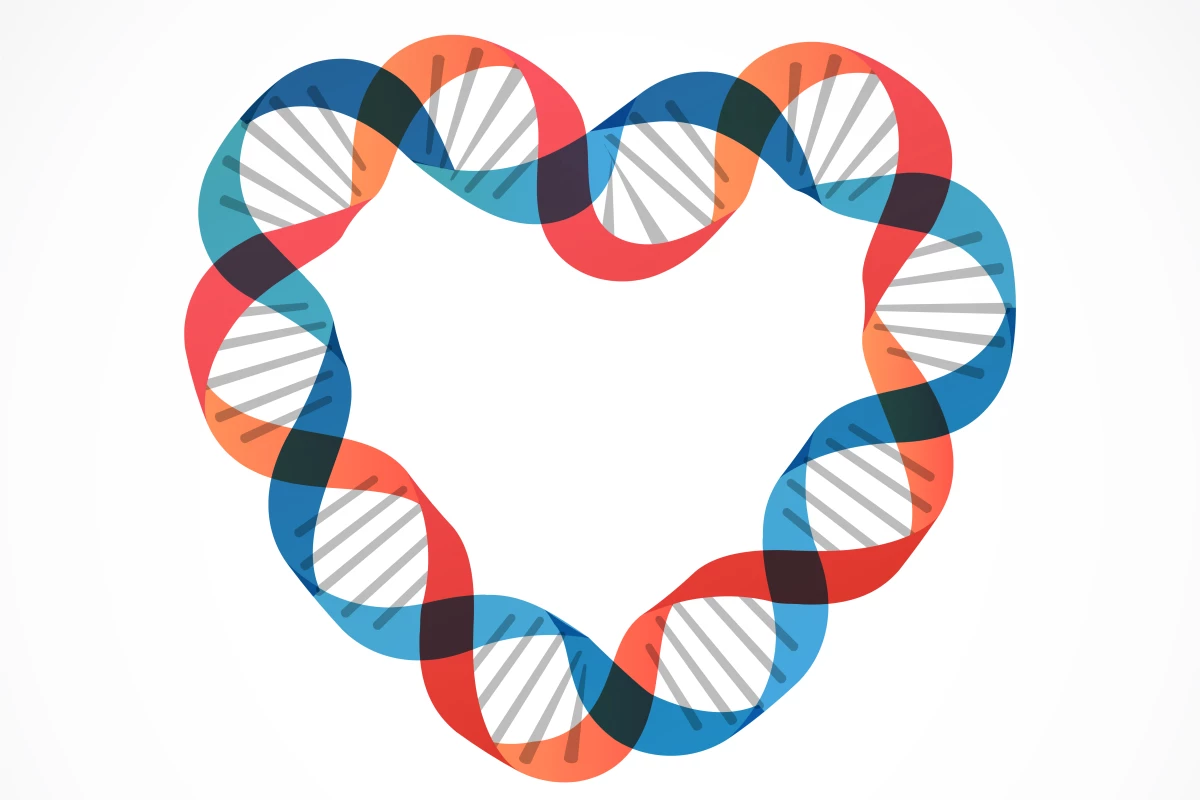Researchers studying the hearts of healthy centenarians have homed in on a specific genetic mutation that seems to play a crucial role in maintaining cardiovascular functions in old age. Across a series of lab and animal experiments the researchers demonstrated how a novel form of gene therapy could rejuvenate aging hearts.
For more than 15 years a team of researchers in Italy have been studying the cardiovascular profiles of unusually healthy centenarians. These "superagers" are people who live past the age of 100 while showing lower rates of heart disease than the average 70- or 80-year-old.
In 2018 a milestone discovery revealed many heart healthy superagers carried a specific, unique gene mutation. In a gene dubbed BPIFB4, a longevity associated variant (LAV) was found to correlate with significantly lower rates of cardiovascular disease. And, subsequent animal studies revealed delivering the gene to mice exerted protective effects in models of heart disease.
In this new study the research team continued to explore the potential therapeutic benefits of this novel gene, first in lab tests using human cardiac cells, and then in elderly animal models. First author on the study Monica Cattaneo, said initial lab experiments showed the gene therapy delivering impressive potential for rejuvenating old heart cells.
"The cells of the elderly patients, in particular those that support the construction of new blood vessels, called 'pericytes,' were found to be less performing and more aged," explained Cattaneo. "By adding the longevity gene/protein to the test tube, we observed a process of cardiac rejuvenation: the cardiac cells of elderly heart failure patients have resumed functioning properly, proving to be more efficient in building new blood vessels."
Alongside this finding, the researchers also showed older adults with heart problems often have reduced expression of BPIFB4 in cardiomyocytes and endothelial cells. This suggested the LAV-BPIFB4 mutation could prevent this common age-related decline in cardiovascular cells.
But perhaps the most compelling finding in the new study was discovering how a gene therapy that delivers LAV-BPIFB4 to elderly mice could actually reverse several signs of heart aging – essentially making elderly mouse hearts act like their middle-aged counterparts.
"The late study, where LAV-BPIFB4 was delivered to 18-month-old mice, confirmed the improvement of systolic function and coronary flow reserve, which was restored to levels like those recorded in middle-aged mice," the researchers write in the new study. "Translated to the human condition, the recovery of contractility indexes seen in older mice would correspond to rewinding the heart’s biological clock by more than 10 years."
James Leiper, Associate Medical Director at the British Heart Foundation, noted the extraordinary implications of these new findings. Leiper, who did not work on the new research, said these findings could pave the way to a treatment that reverses heart aging in the elderly.
"Our heart function declines with age but this research has extraordinarily revealed that a variant of a gene that is commonly found in long-lived people can halt and even reverse aging of the heart in mice," said Leiper. "This is still early stage research, but could one day provide a revolutionary way to treat people with heart failure and even stop the debilitating condition from developing in the first place.”
Paolo Madeddu, from the University of Bristol and co-senior author on the study, is cautious of not overstating the findings, suggesting there is a lot of work still to be done before a new kind of heart therapy reaches clinical use. Some of the next steps for the research will be to explore whether administering the BPIFB4 protein directly improves heart health in mice, as well as moving towards early-stage trials in humans.
"Our findings confirm the healthy mutant gene can reverse the decline of heart performance in older people," said Madeddu. "We are now interested in determining if giving the protein instead of the gene can also work. Gene therapy is widely used to treat diseases caused by bad genes. However, a treatment based on a protein is safer and more viable than gene therapy."
The study was published in the journal Cardiovascular Research.
Source: University of Bristol




